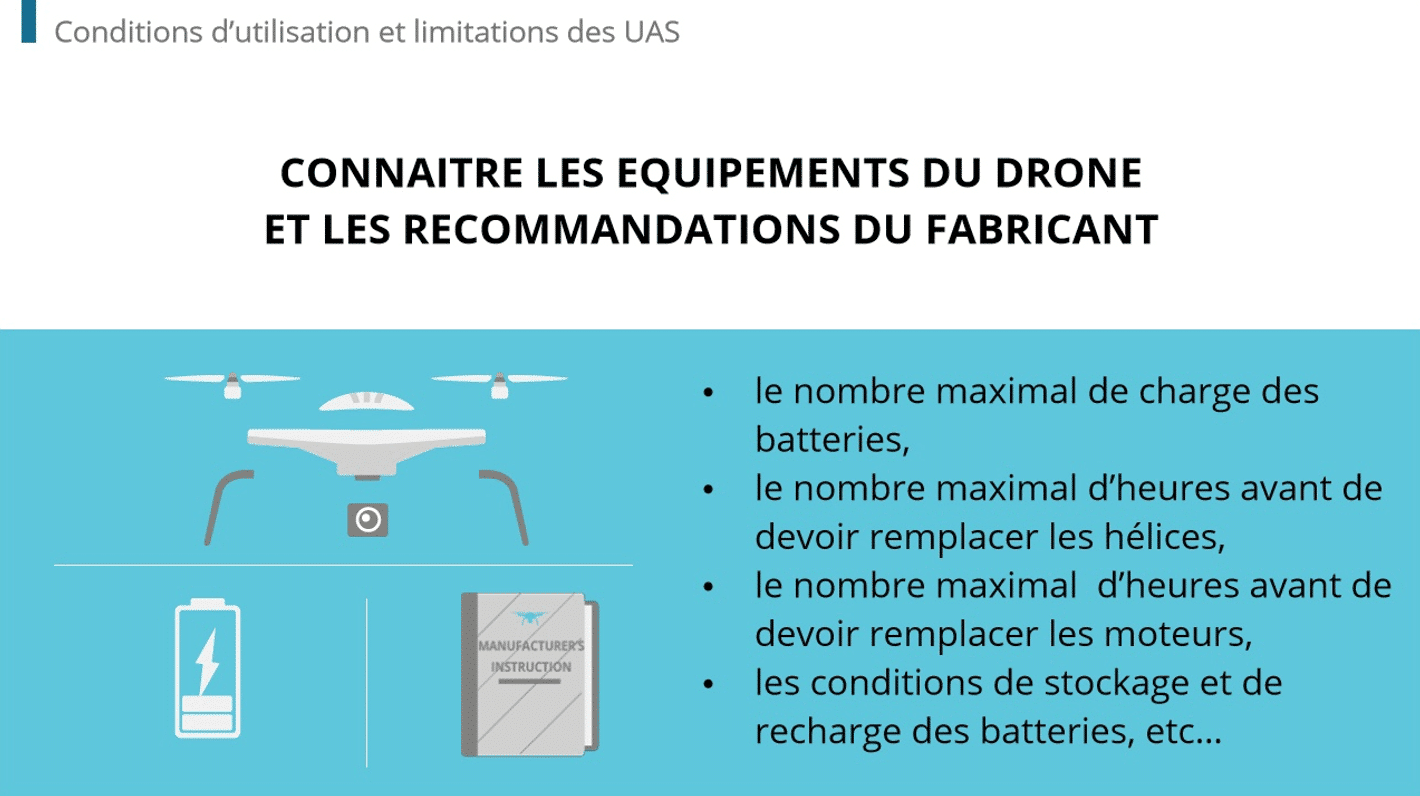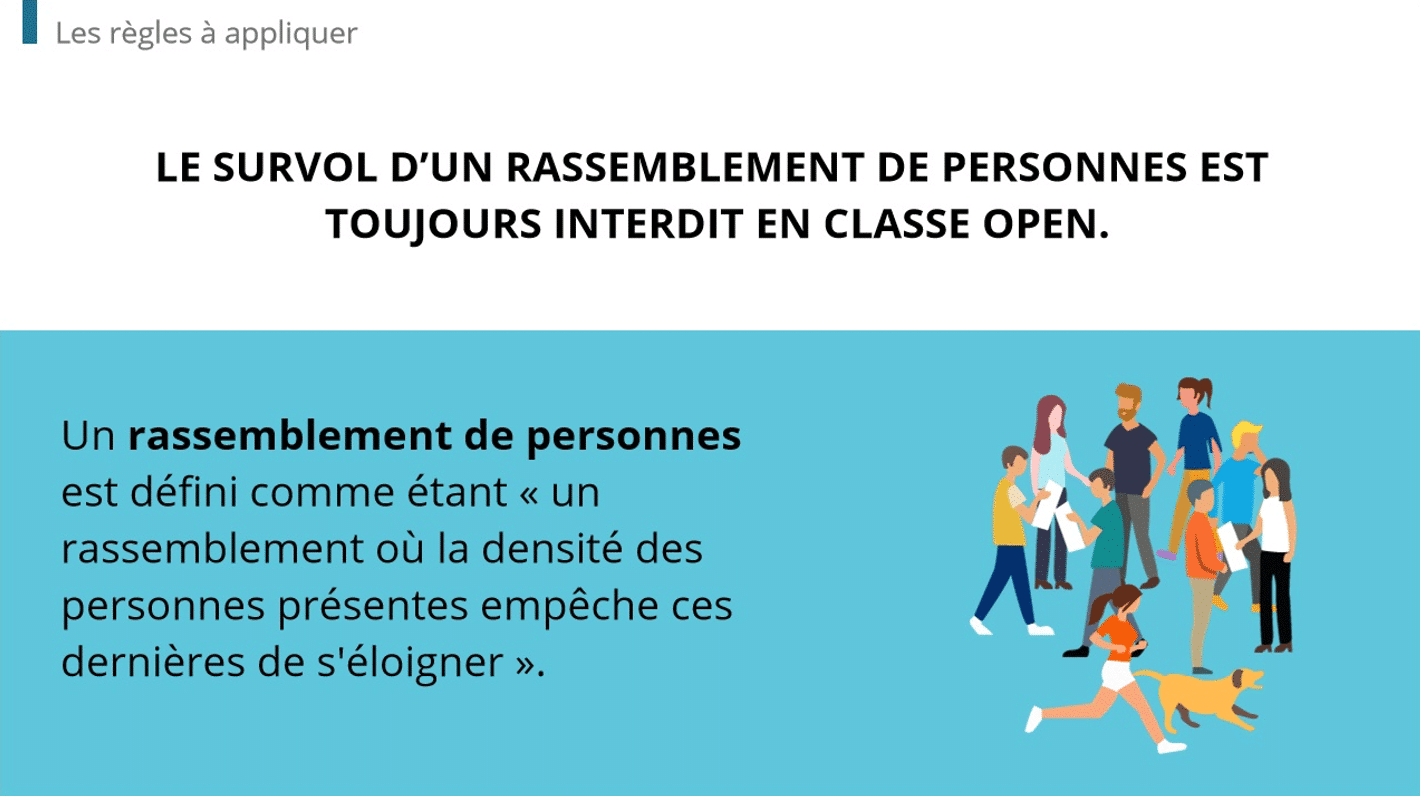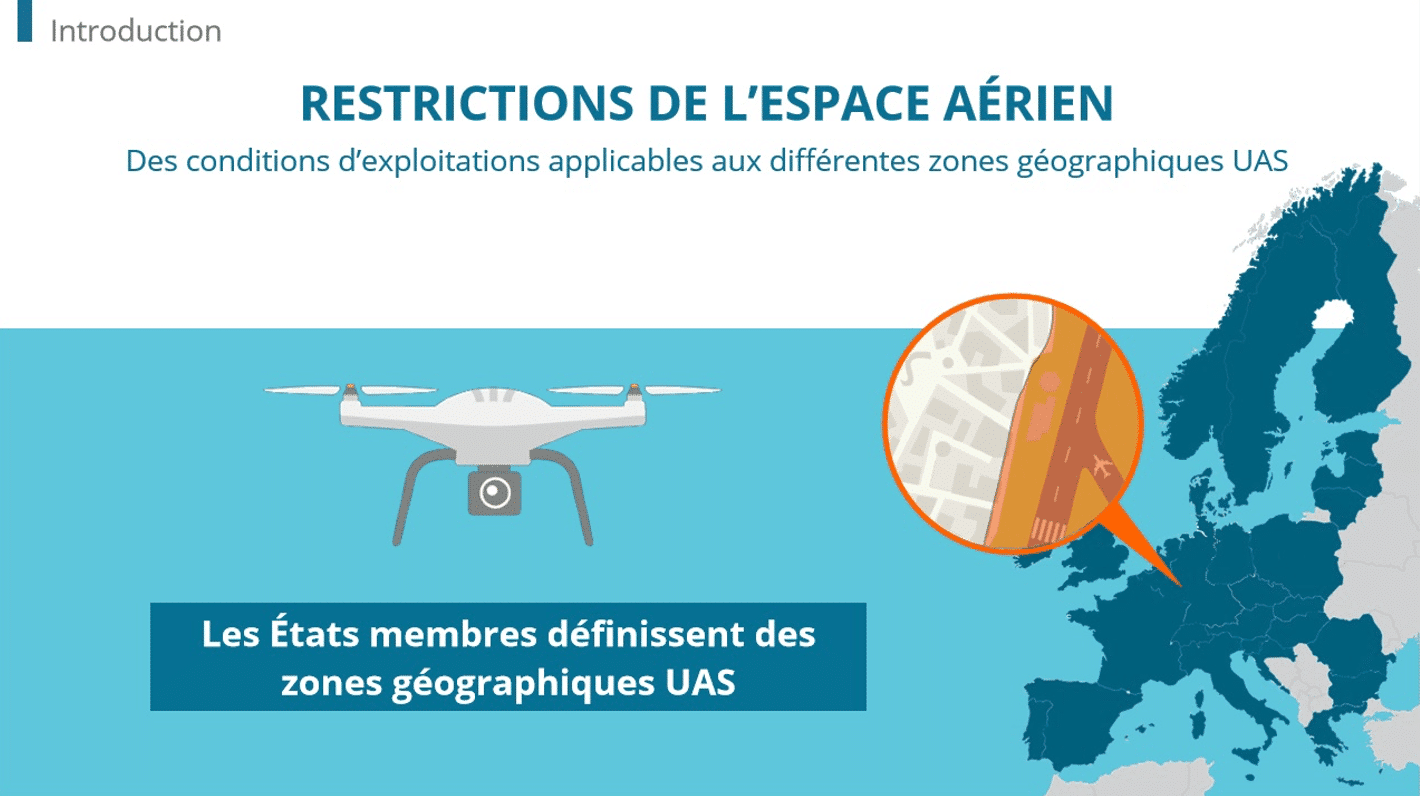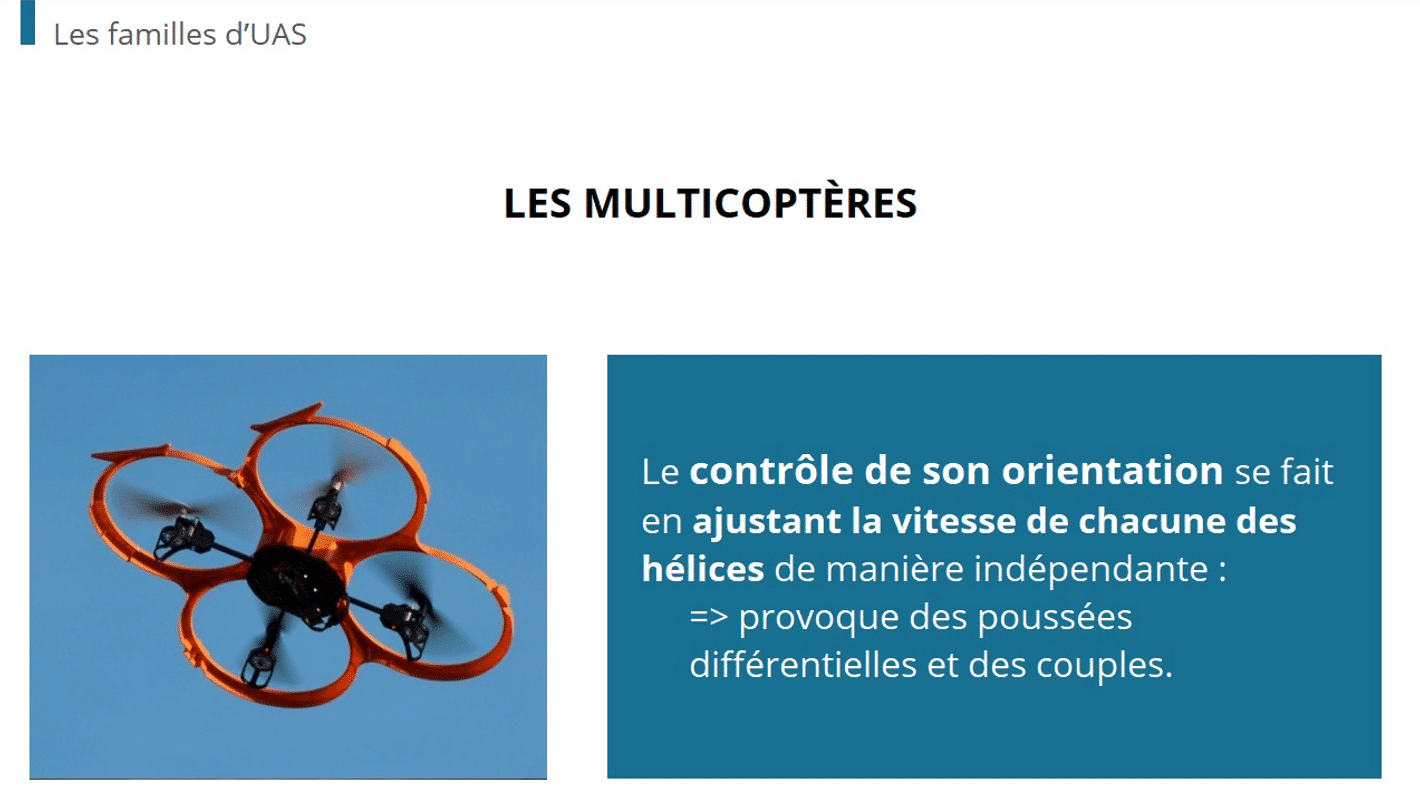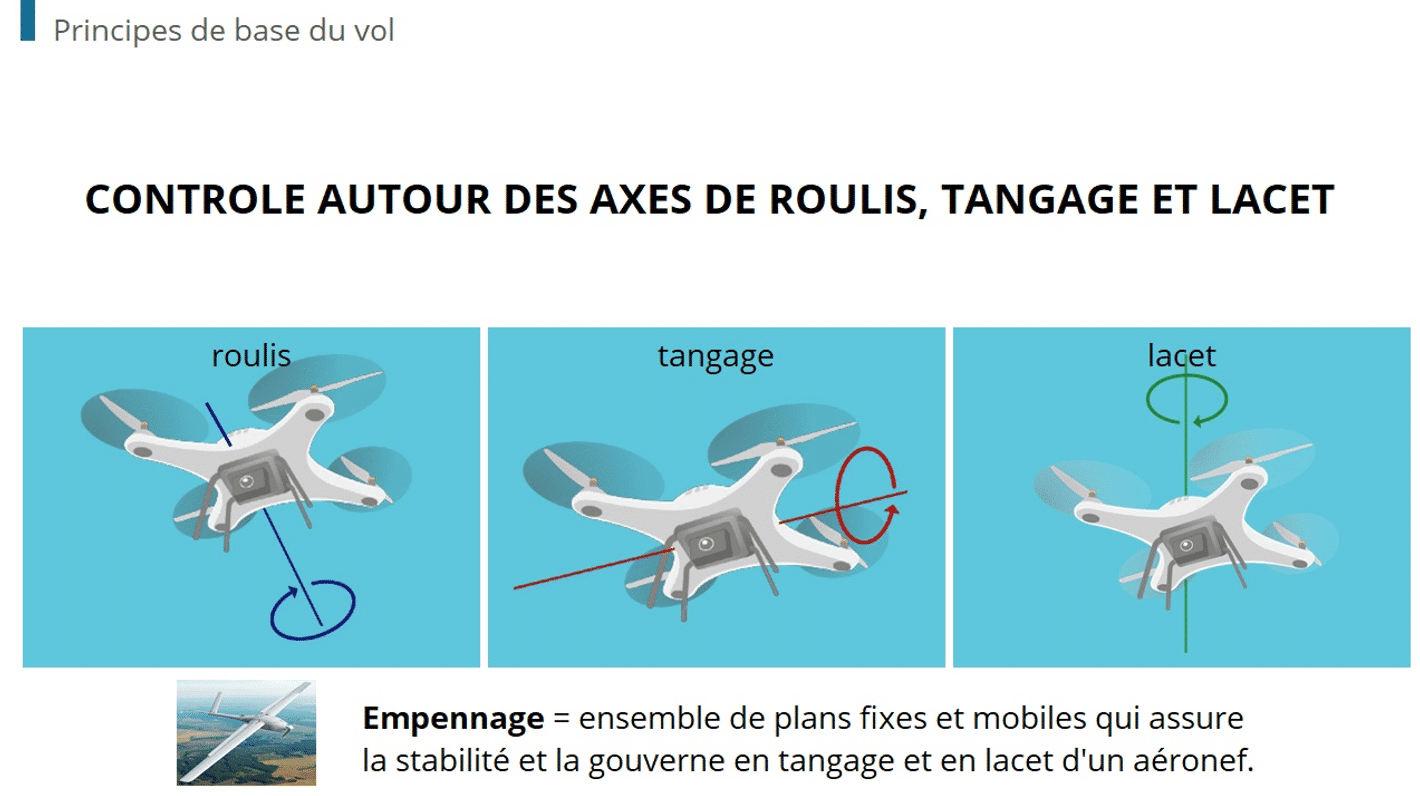The Top 5 African Leaders in Corporate Learning
Businesses are constantly facing a massive challenge in today’s quickly developing work environment. This is one of the major reasons that companies are struggling to stay afloat, and as such are disappearing quicker than ever before.
Below, we’ve listed five African corporate leaders who not only see first-hand that Africa is full of young talent, but who are shaping the future of the continent. And they all have one thing in common: corporate learning.
Top 5 African leaders in corporate learning
1. Nadia Fettah
Now the Minister of Tourism for Morocco, Nadia Fettah made a name for herself in the financial sector—more specifically, within the insurance industry. As managing director of Saham Finances, she won the prestigious CEO of the Year award in Africa in 2018.
What is the secret to her success? According to Fettah, it’s internal training solutions.
“To source new talent, we hire the best people straight from Morocco’s universities, which have many students from sub-Saharan Africa. We also invest heavily in training, even though it is difficult to find training providers across African markets who meet our standards. As a result, we have built our own training solutions internally.”
2. James Mwangi
Banking was an impossible task in Kenya, with just one out of ten Kenyan adults having a bank account at the beginning of the 21st century. This is because banks were too far away and it would take a number of years of earnings to open an account.
It all changed with James Mwangi, a Kenyan accountant, career banker, and businessman. He is now the chief executive managing director of Equity Bank of Kenya.
The bank’s mission? To champion socioeconomic growth and prosperity. Thanks to Equity Bank’s innovations, including the introduction of “mobile village banking”—minibank branches that traveled across rural Kenyan villages—two thirds of Kenyans now have an active bank account.
What’s more, Mwangi leveraged the power of corporate learning to help more than 40,000 shopkeepers to begin working as bank agents. These individuals are now bank owner-managers, working for a commission. And they’re able to assist fellow Kenyans with their banking needs using common, everyday language that every community member can understand—not confusing bank jargon.
3. Aliko Dangote
Aliko Dangote is well-known as the richest man in Africa. Starting his business back in 1978, he aimed to provide locals with value-added services and products that would meet the food and shelter needs of the people in Sub-Saharan Africa.
This corporate mogul knows that Africa isn’t the place for an investment with a quick turnaround. Here, you have to be in it for the long haul if you wish to find success as he has.
But things didn’t always go to plan. Dangote stumbled upon problems that included inadequate training of hired talent.
“We recognize that we cannot rely on universities and colleges to provide the very specialized technical and managerial training required to run major industrial factories such as ours, particularly in the large numbers of such people that we will need.”
Partnering with the government-established Industrial Training Fund, this African business mogul created The Dangote Academy, based in Nigeria. The institution aims to build the technical skills of Nigerian youth through mechanical, electrical, automation and chemical engineering.
4. Fred Swaniker
As a founder of a number of innovative educational institutions, Fred Swaniker knows the importance of corporate learning. His whole career is founded on discovering and cultivating Africa’s future talent.
Swaniker is of the belief that in order to channel the raw talent of Africa’s youth, it isn’t essential to have them go through a four-year university course.
“A three-month or nine-month training program could be enough to unlock the skills that companies need. Compare Africa to India. For years, companies in India used to complain, ‘The universities are not producing the people we need.’ So companies like Infosys created their own corporate academies, and they started training and developing their own people.”
5. Graça Machel
Graça Machel, an education expert, was Mozambique’s first Education Minister until 1989. As an international advocate for both women’s and children’s rights, she strives for universal education for all.
How will this be achieved? Machel believes a change in mindset from all people—but business leaders in particular—is key.
“Entire industries—and leaders themselves—have to meaningfully transform; it can no longer be business as usual. Development doesn’t happen without transformation, first of people themselves, then of institutions, then of systems.
“That means we all have to move out of our comfort zones and move to a different level of thinking, operating, and engaging one another. Ultimately, business leaders should see themselves as responsible partners in a national pact for development.”
Leverage the power of human intelligence with Dokeos
The leaders we profiled in above all understand the power of effective training. Whether you’re in the healthcare, retail, manufacturing, or education industry, corporate learning is something that should be embraced if you want to achieve both short-term and long-term success.
The Dokeos LMS can get you there. Dokeos provides you with a customized training path for unique learning experiences to ensure learners are engaged in all stages of their training.
What’s more, Dokeos helps HR managers build a data-centric culture, allowing them to analyze employee skills in real time and identify any knowledge gaps.
Why not benefit from future-forward dashboards that help you make accurate decisions founded on actionable data?
Discover invaluable business insights today with Dokeos.








